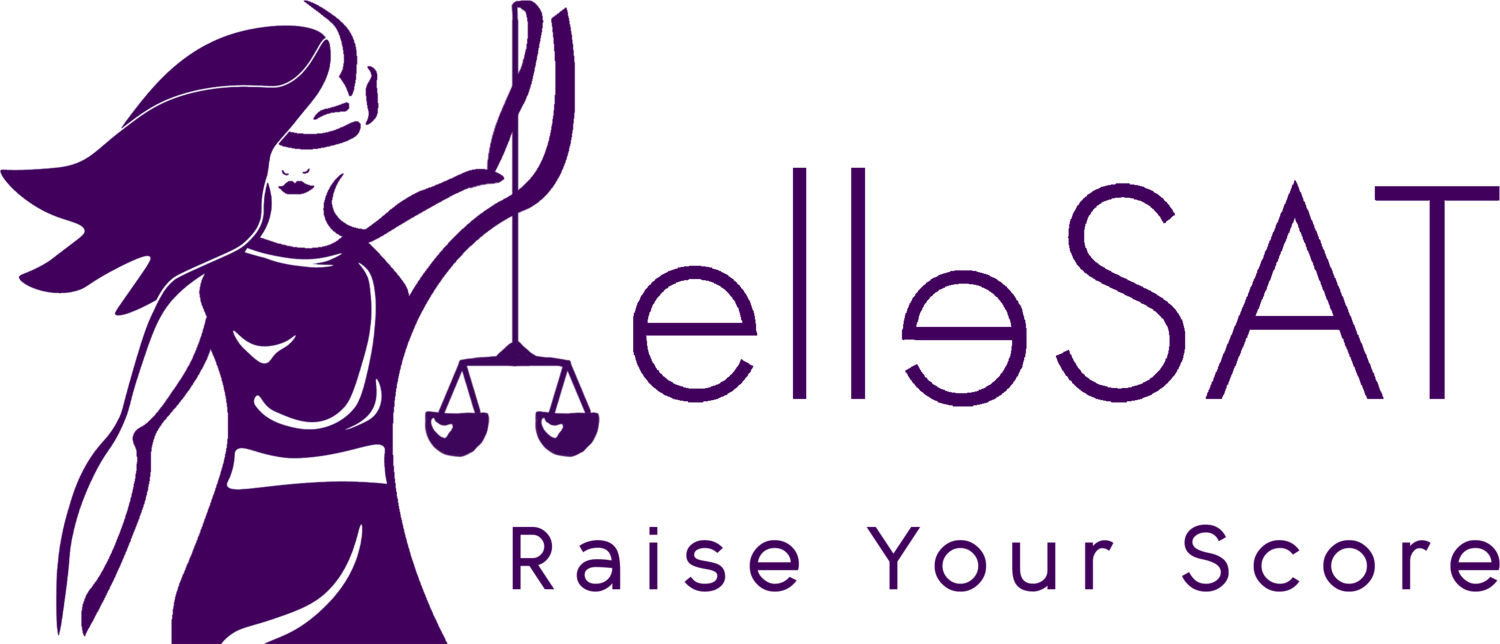elleSAT’s reading list - November 17
Hi, friends! We are now one week out from the November score release and I know many of you must be feeling anxious. If you felt bad about your test, it's not just you: the November LSAT was tough and the Goya reading comprehension passage will doubtless go down in infamy if LSAC ever releases this test form.
Speaking of LSAC releasing tests: in a surprise to everyone, a version of the May Flex was released. So there is now an official 3-part LSAT Flex with a scoring rubric. The test is available in LSAC LawHub / LSAC Prep Plus. I recommend saving this test until the end of your studies, since it's likely the closest to what you'll see on your next test.
I thought I was going to take a break from the newsletter until after finals, but I can't stop reading, so here's some more material. Hope it helps some of you build more difficult non-LSAT reading into your routines.
Arizona's Curious Contribution to the Law of Contractual Obligation
Melinda Kay Broemmer entered a Phoenix clinic to obtain an abortion. While she was in a visibly disturbed emotional state prior to the abortion, she signed three standard forms, one of which required that any dispute with the clinic be subject to binding arbitration by “licensed medical doctors who specialize in obstetrics/gynecology.” If Broemmer brings a malpractice lawsuit, will the clinic be able to use the form to compel arbitration?
Broemmer v. Abortion Services of Phoenix, Ltd. is a frequently studied case because it was the first time the Arizona Supreme Court applied the "reasonable expectations" doctrine of Section 211(3) of the Restatement (Second) of Contracts to a non-insurance contract. This article takes the position that Broemmer ultimately undermined the appropriate use of mediation and represented a retreat from personal responsibility in contract law.
Note: This is a PDF from a print magazine and may behave strangely with assistive technology. It includes non-graphic discussion of medical and reproductive trauma.
Digitizing Trust
This review of The Trust Revolution: How the Digitization of Trust Will Revolutionize Business and Government has an interesting section looking at how "trust mechanisms" operate to allow people to exchange goods and services. Excerpt below:
The difficulty for most of history has been that personal trust is not sufficiently scalable to support complex markets. We do trust family and close friends, but anthropologists have shown that this trusted circle will not exceed about 140 people. It is not possible for the human mind to keep track of and monitor any more. The authors show that the alternative to personal trust is trust sustained by government or by private corporate forms.
Trust from government begins with the rule of law. People are more likely to make contracts if the government enforces contracts. The authors contend that the regulatory state is the scalable form of government trust. One argument for the regulatory state was that many matters in the modern world were too complex even for enforceable contracts to provide the necessary trust. Defective products may cause serious harm in a way that could not be wholly recompensed by contract or even torts. Private law mechanisms could not vet a driver with sufficient care to give riders the confidence to get into a cab, for instance.
Corporations also created forms of trust outside the legal system, most importantly, the authors suggest, through brands. Brands give people trust in a product because companies have invested a lot in the brand. If the brand performs below consumer expectations, that investment will erode. Or consider this analogy that I give my own students: A brand is like a vulnerable hostage. Bad performance will permit buyers to kill its value by bad-mouthing it. Yet in many situations, it is difficult to create brands to engender sufficient trust. Taxis are a good example. And that is where the computer age has permitted a wholly new form of innovation in trust a digital platform, like Uber or Airbnb, that enlists what the authors call “the digital tribe” to create the needed bond.
The Sharing Economy as an Equalizing Economy
A good way to read more broadly is to follow references within articles like the one above. The author of that book review, Northwestern University professor John McGinnis, linked to his law review article about the "gig economy" as an equalizer that gives middle class consumers access to goods and services previously only available to the rich. Following the footnotes in this article will give you even more things to read.
That's all for now,
- Anita
PS I’ll be taking a limited number of students in December at a discounted rate. I’d like to take a few people over the finish line for the January LSAT. Feel free to reply to this email if you’re interested.

